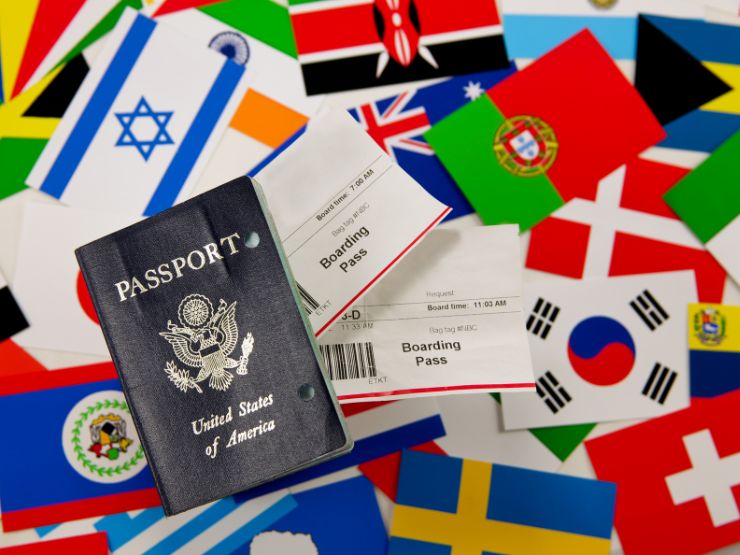
The quest for life purpose is a universal journey, transcending borders and touching every human heart. Different cultures around the world offer unique insights and wisdom on this profound topic, providing a diverse array of lessons for those in search of meaning. In this article, we explore how various cultures perceive life purpose and what we can learn from their perspectives.
1. Japanese Philosophy of Ikigai
Ikigai is a Japanese concept that translates to “a reason for being.” It is the intersection of what you love, what the world needs, what you are good at, and what you can be paid for. This philosophy encourages individuals to find balance and fulfillment in life by aligning their passions, talents, and societal contributions. Ikigai teaches us that life purpose is not just about personal satisfaction but also about serving the greater good.
2. Ubuntu: The African Philosophy of Connectedness
Ubuntu is an African philosophy that emphasizes the interconnectedness of all people. It is often translated as “I am because we are,” highlighting the importance of community and relationships in finding life’s purpose. Ubuntu teaches us that our purpose is deeply tied to the well-being of others, reminding us to cultivate compassion, empathy, and a sense of community in our pursuit of meaning.
3. Dharma: The Hindu Concept of Righteous Duty
In Hinduism, Dharma refers to the moral and ethical duties that each individual has in life. It is the path of righteousness, guiding people to live in accordance with their true nature and societal responsibilities. Dharma teaches us that fulfilling our duties with integrity and devotion brings purpose and order to our lives, encouraging us to find balance between our personal desires and our responsibilities to the world.
4. The American Dream: Pursuit of Happiness
The American Dream is a cultural narrative that emphasizes the pursuit of happiness through hard work, determination, and the realization of personal potential. It encourages individuals to follow their dreams and achieve success, defining purpose through personal achievement and material prosperity. While this perspective highlights the importance of ambition and resilience, it also serves as a reminder to find balance and seek fulfillment beyond material success.
5. Taoism and the Art of Wu Wei
Taoism, an ancient Chinese philosophy, teaches the principle of Wu Wei, which translates to “non-doing” or “effortless action.” It encourages living in harmony with the Tao, or the natural order of the universe, and finding purpose through simplicity, spontaneity, and going with the flow of life. Wu Wei teaches us the power of letting go, encouraging us to trust the journey and find purpose in being rather than doing.
6. Scandinavian Hygge and the Pursuit of Coziness
Hygge is a Danish and Norwegian concept centered around coziness, comfort, and contentment. It emphasizes the importance of simplicity, relaxation, and the enjoyment of life’s simple pleasures. Hygge teaches us that finding purpose does not always require grand gestures or achievements; sometimes, it is found in the warmth of a candle, the comfort of a soft blanket, or the joy of a shared meal.
Life’s purpose is a tapestry woven from threads of culture, philosophy, and individual experience. By exploring the diverse perspectives offered by cultures around the world, we enrich our understanding of purpose, gaining valuable insights and lessons that guide us on our journey. Whether it’s finding balance through Ikigai, embracing connectedness with Ubuntu, or finding contentment in Hygge, these cultural philosophies offer a wealth of wisdom for anyone seeking a life filled with meaning and fulfillment.
You may also like

From Existential Crisis to Life Purpose: Turning Points that Matter



